Have you ever caught your cat gazing out the window with a sense of longing, or found her curled up alone in a quiet corner? It’s easy to think of cats as fiercely independent, but beneath those mysterious green eyes, our feline friends can experience deep feelings of loneliness. If you’ve ever wondered what your cat feels when you’re not around, you’re not alone. Many cat owners are surprised to learn their pets crave more interaction than they show. Let’s uncover the subtle signs that your cat might be hiding her loneliness—and what you can do to help her feel loved and connected.
Change in Appetite or Eating Habits

A sudden change in your cat’s eating habits can be an early warning sign of loneliness. Cats may start to eat less, picking at their food or ignoring it entirely. Sometimes, they might do the opposite and overeat, seeking comfort from their meals. This is a lot like how some people reach for snacks when they’re feeling blue. If your normally ravenous kitty leaves her bowl untouched, or if you notice her gaining weight, take note. These shifts often signal more than just a picky palate—they could be your cat’s way of coping with emotional emptiness. Pay attention to patterns, especially if you’re away from home more than usual.
Excessive Sleeping Beyond Normal Cat Naps

Cats are famous for their love of sleep, but there’s a difference between a healthy nap schedule and hiding under the covers all day. If your cat is snoozing far more than usual, it may be her way of escaping boredom or loneliness. You might notice she’s less playful or alert, and spends less time exploring her territory. This extra sleep can almost become a form of withdrawal, similar to how we might crawl into bed when feeling down. So, if your cat is clocking in record nap hours, it’s time to ask if she’s simply tired—or quietly lonely.
Increased Vocalization or Unusual Meowing
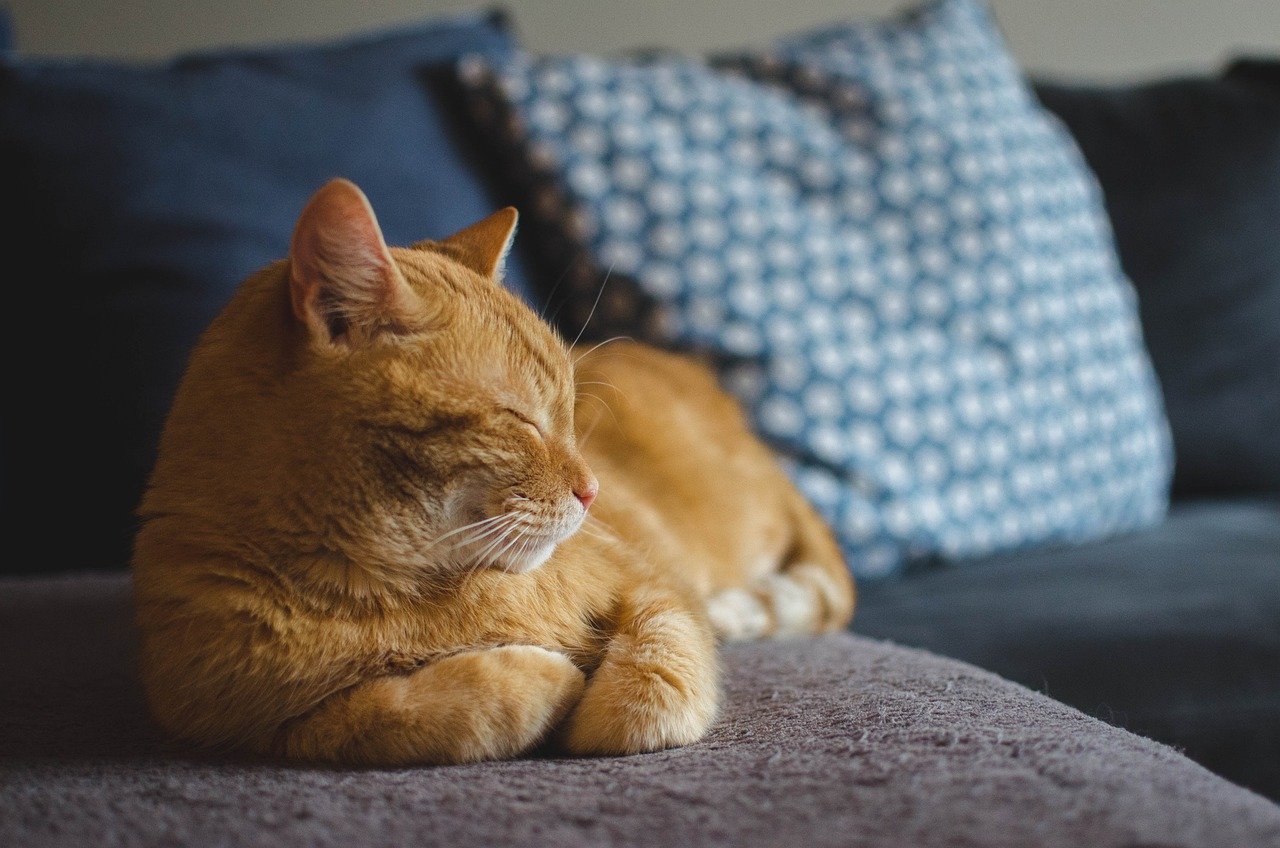
Has your cat become a chatterbox lately? Cats who feel lonely often meow, yowl, or cry more than usual. Their voices might sound different—higher-pitched or more insistent—almost as if they’re calling out for someone. I once had a tabby who would “talk” to me from the hallway whenever I got home late; her meows were different, almost pleading. If your normally quiet cat is suddenly very vocal, especially when you leave or come back, she could be trying to get your attention or express her longing for company.
Destructive Behavior or Clawing Furniture

Some cats express their loneliness through mischief. You might come home to shredded curtains, toppled plants, or claw marks on your favorite armchair. This isn’t your cat being spiteful—it’s her way of saying, “I’m bored, and I miss you.” When left alone for long periods, cats can act out, just like children, because they lack stimulation and companionship. If you notice a sudden uptick in destructive behavior, it could be your cat’s creative attempt to fill the void.
Over-Grooming or Neglecting Grooming
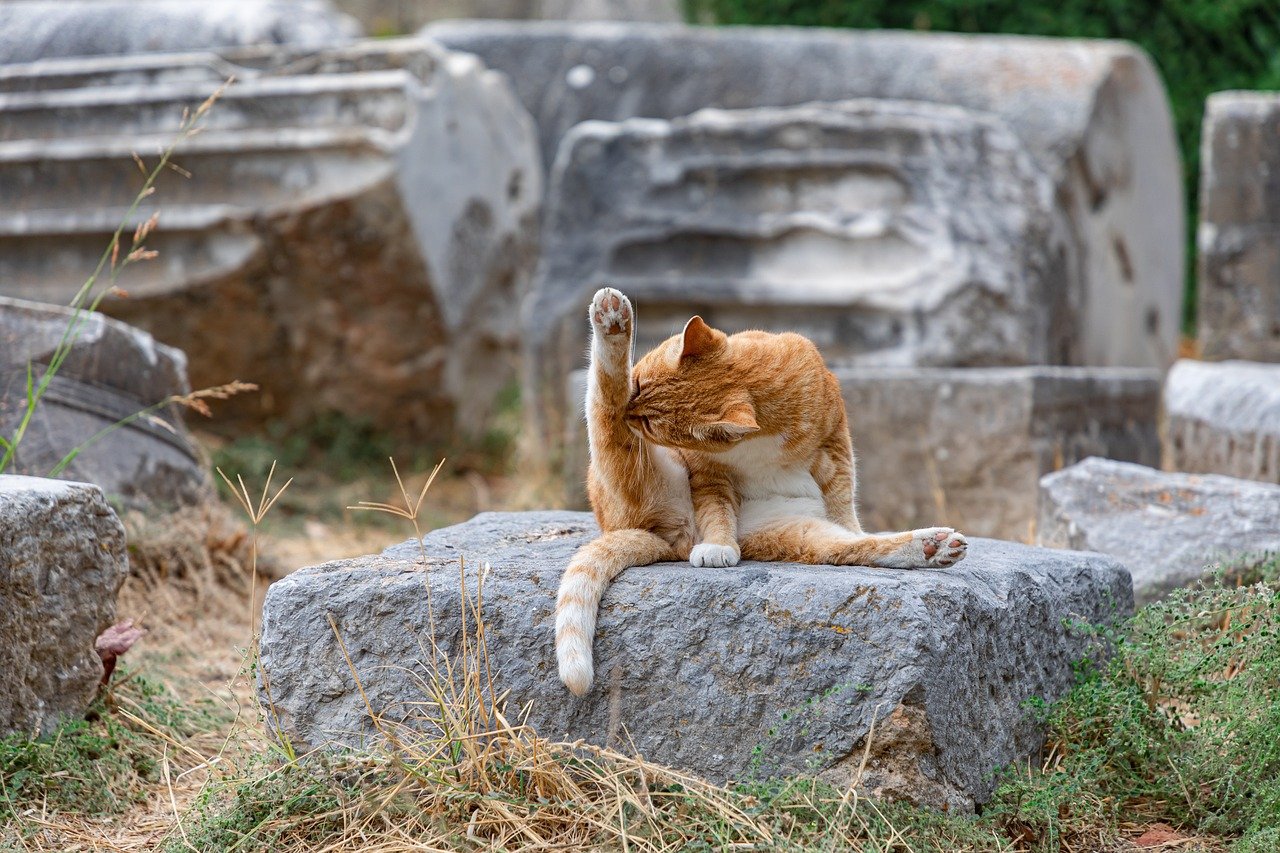
Cats are meticulous groomers, but changes in grooming habits signal something’s off. Some lonely cats will over-groom, licking or chewing themselves until bald spots appear. Others might stop grooming altogether, leaving their coats dull or matted. Both extremes stem from emotional discomfort. Over-grooming is often compared to nail-biting in humans—a soothing but unhealthy habit. Keep an eye out for patchy fur or a messy coat; it’s your cat’s way of telling you she’s not feeling herself.
Withdrawing From Social Interaction
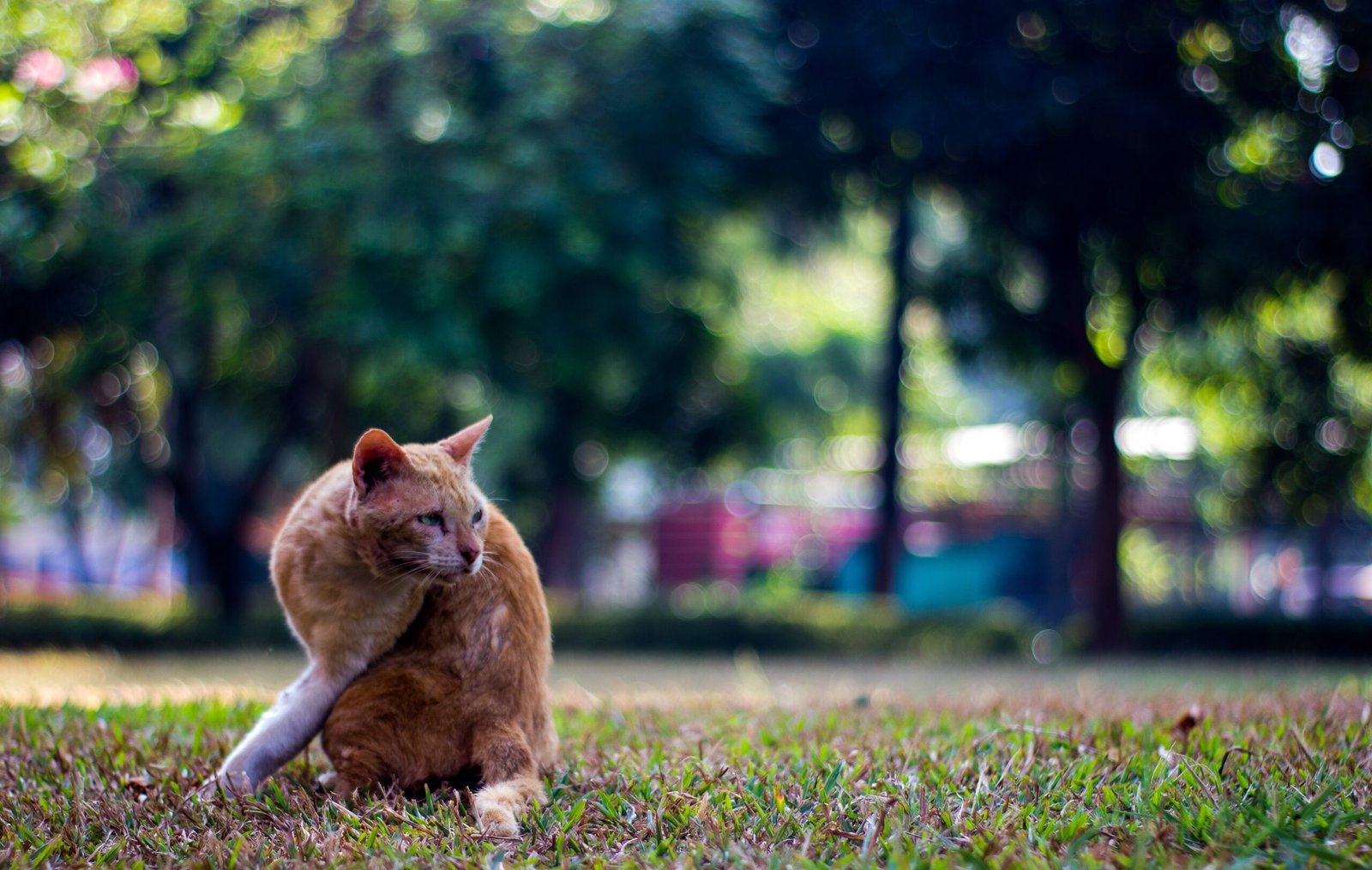
A lonely cat may stop seeking out your company or the company of other pets in the home. She might hide under the bed, avoid sitting on your lap, or refuse to play. This withdrawal can be heartbreaking, especially if your cat was once a social butterfly. It’s a bit like when a friend suddenly stops responding to texts. If your cat is hiding away or not greeting you at the door, she may be feeling isolated or disconnected.
Excessive Attachment or Clinginess
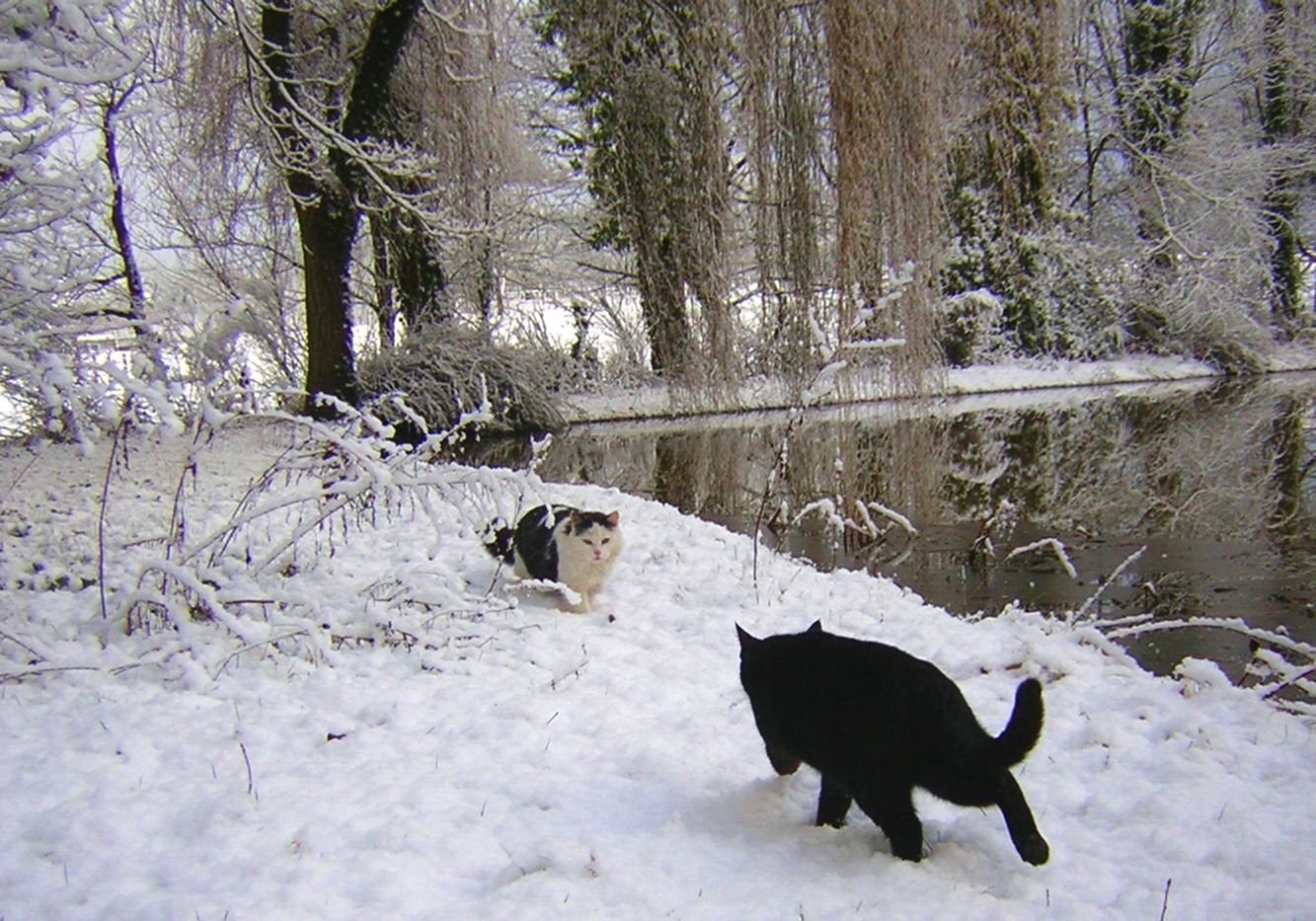
On the flip side, some cats become extra clingy when they’re lonely. They may follow you from room to room, sit on your keyboard while you work, or insist on being held constantly. This newfound attachment can be cute at first, but it may reflect underlying anxiety or fear of being left alone. I once had a rescue cat who would paw at the bathroom door if I dared to close it—her way of saying, “Don’t leave me!” If your cat’s shadowing your every move, she might be trying to fill a companionship gap.
Loss of Interest in Play or Toys
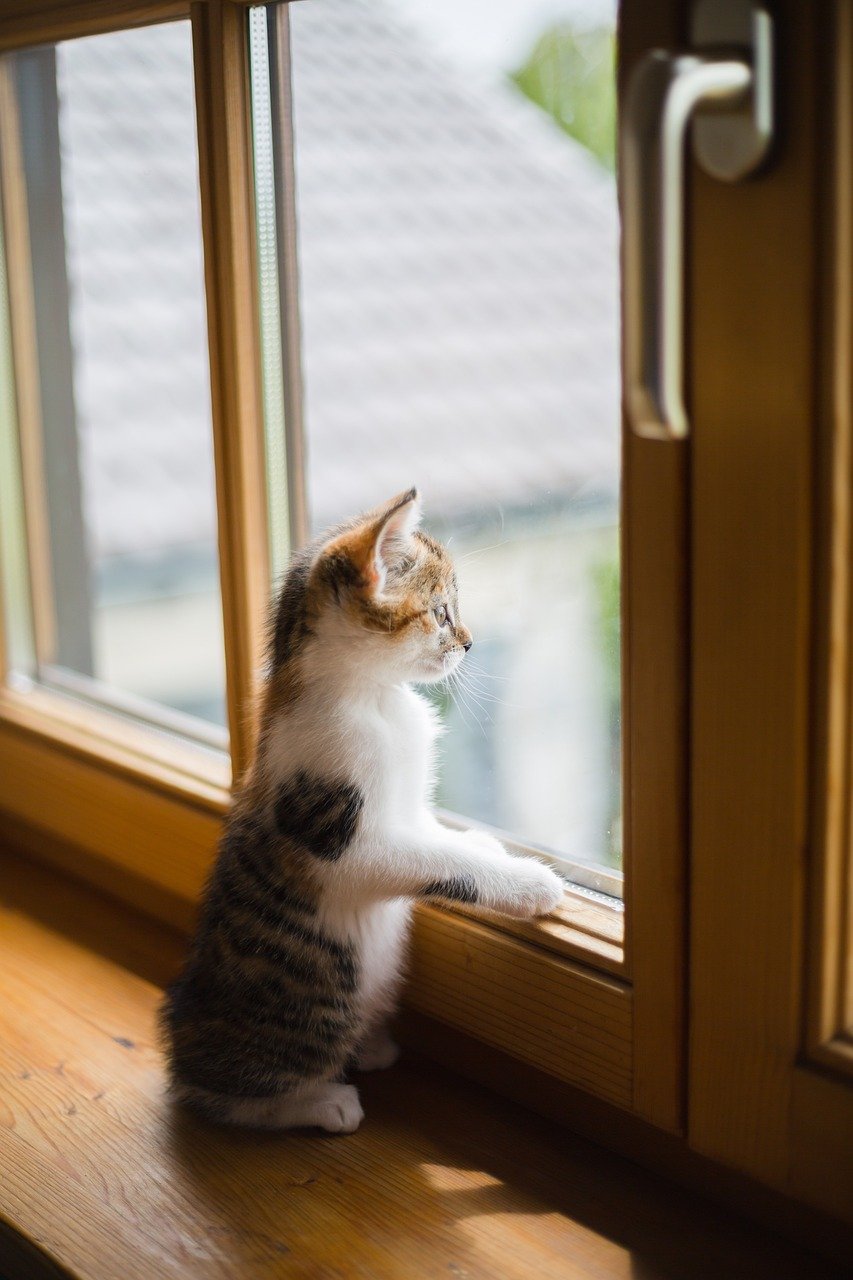
Playtime is essential for a cat’s happiness, but lonely cats often lose interest in their toys. That once-beloved feather wand might sit untouched, or the crinkle ball may gather dust under the couch. If your cat ignores her favorite games, it’s a sign she’s feeling down. Think of it like losing interest in hobbies when you’re feeling lonely or sad. Try introducing new toys or spending extra time engaging her—you might reignite her spark.
Sudden Aggressiveness or Irritability

A gentle cat that starts swatting, hissing, or biting may be struggling with loneliness. Emotional distress can make cats more irritable, just like people who are feeling isolated might be quicker to snap. This behavior is often a cry for help, not a personality change. If your normally sweet feline has become grumpy or unpredictable, consider that loneliness may be the root of her mood swings.
Frequent Litter Box Accidents

Stress and loneliness can disrupt your cat’s bathroom habits. If she’s using the floor, bed, or laundry basket instead of her litter box, she may be trying to get your attention. Litter box mishaps can also be your cat’s way of expressing anxiety or a lack of routine. If you’ve ruled out medical issues, consider whether your cat’s environment feels empty or unwelcoming.
Changes in Greeting Behavior
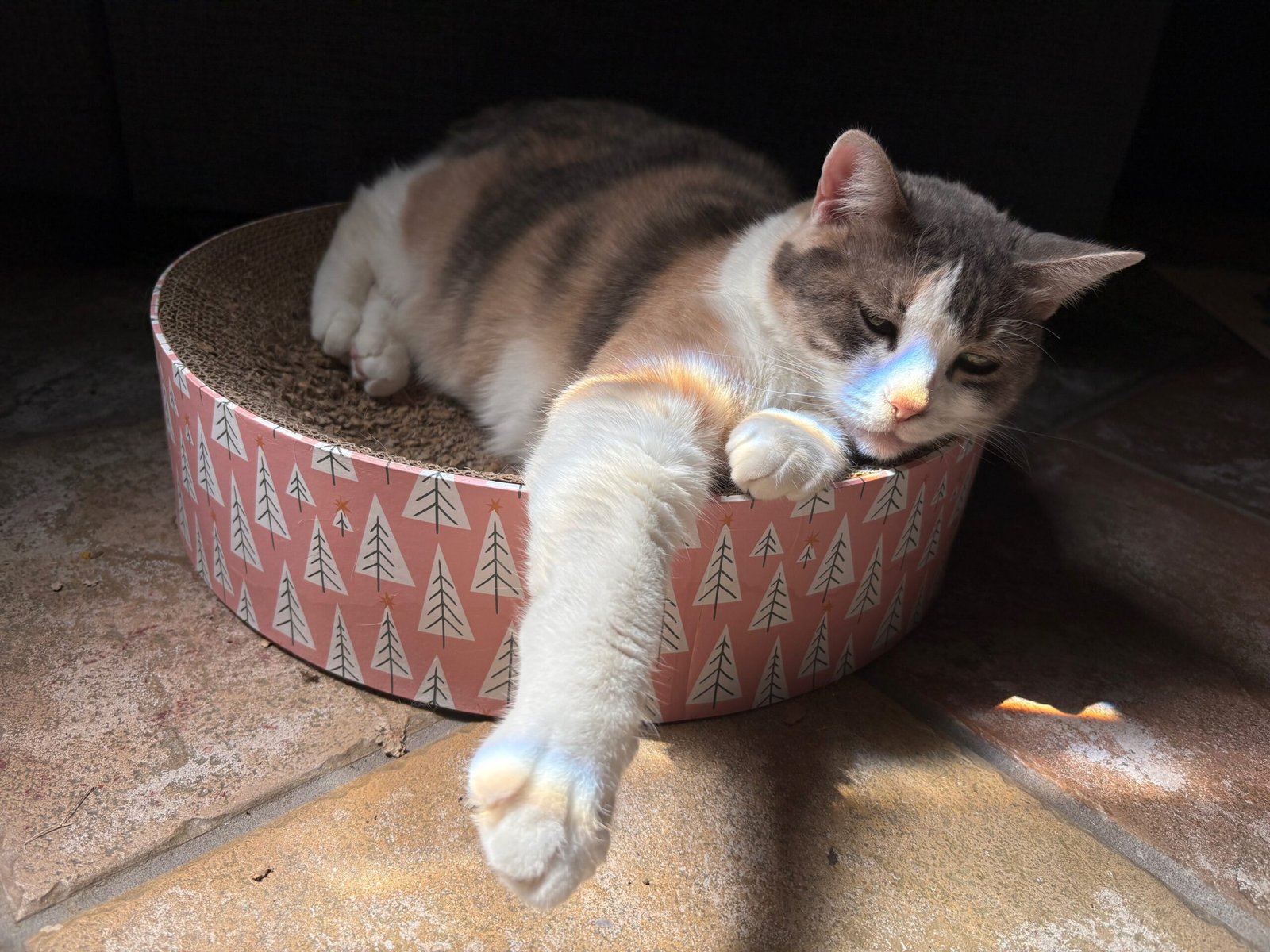
A lonely cat may greet you differently than before—or stop greeting you altogether. Instead of running to the door or rubbing against your legs, she might barely lift her head or stay put. This change in her “hello” can sting, but it’s a valuable clue. It’s as if she’s saying, “I missed you, but I’m not sure how to show it.” Take note of how your cat welcomes you home, as it often reveals how she’s feeling inside.
Obsessively Watching Out Windows or Doors

Cats love window-watching, but if your kitty spends hours staring longingly outside, she may be craving more company or stimulation. She could be searching for friends, wildlife, or even you. This behavior is common in cats left alone during the day. It’s her way of saying, “Is anyone coming for me?” or “Will someone play with me soon?” If your cat is glued to the window, she might be looking for a friend she’s missing.
Refusal to Eat When Alone
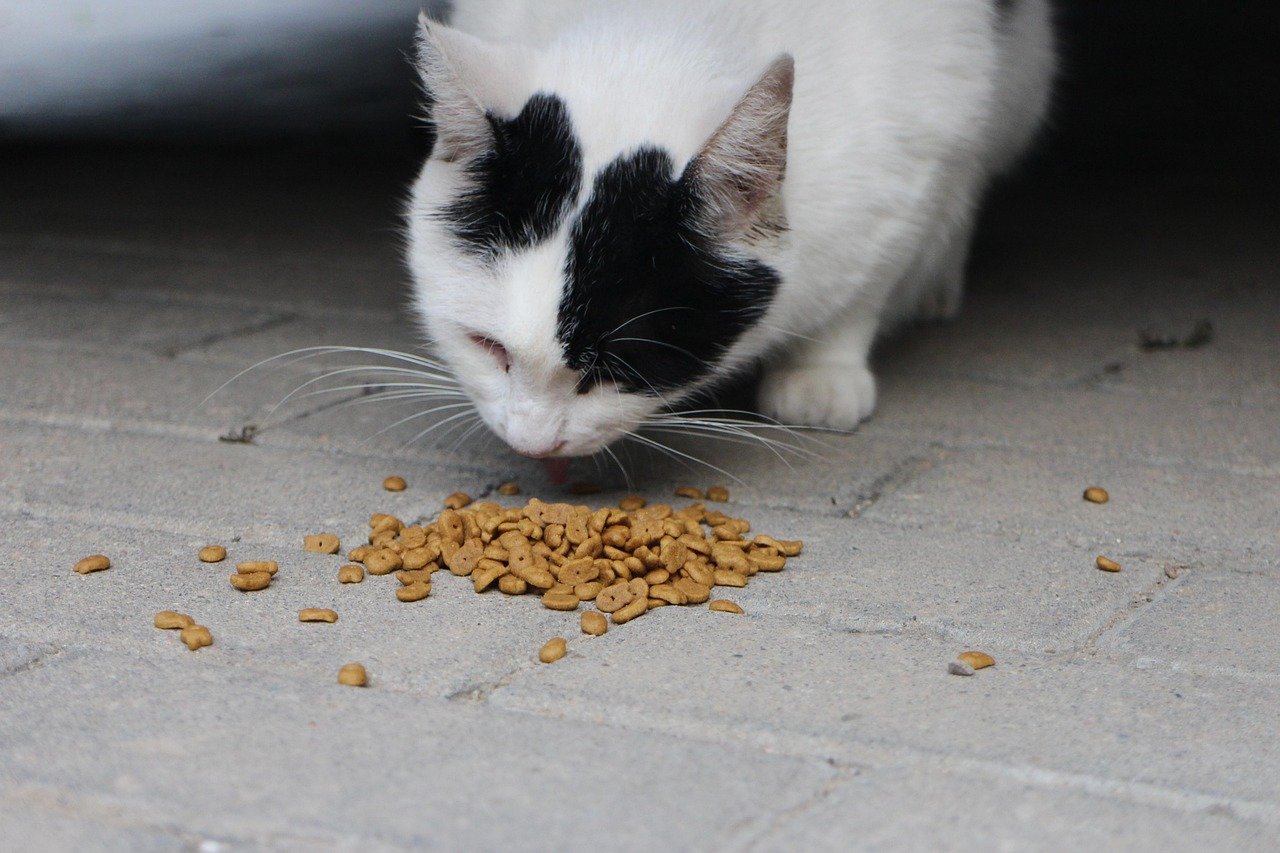
Some cats won’t eat unless someone is nearby. If your cat ignores her food when you’re out but eats eagerly once you return, it’s a sign she’s not comfortable being alone. This can be distressing, especially if you’re away for long hours. It’s like a child refusing to eat dinner alone at the table. If your cat’s appetite seems to depend on your presence, she may be silently struggling with solitude.
Unusual Sleeping Spots
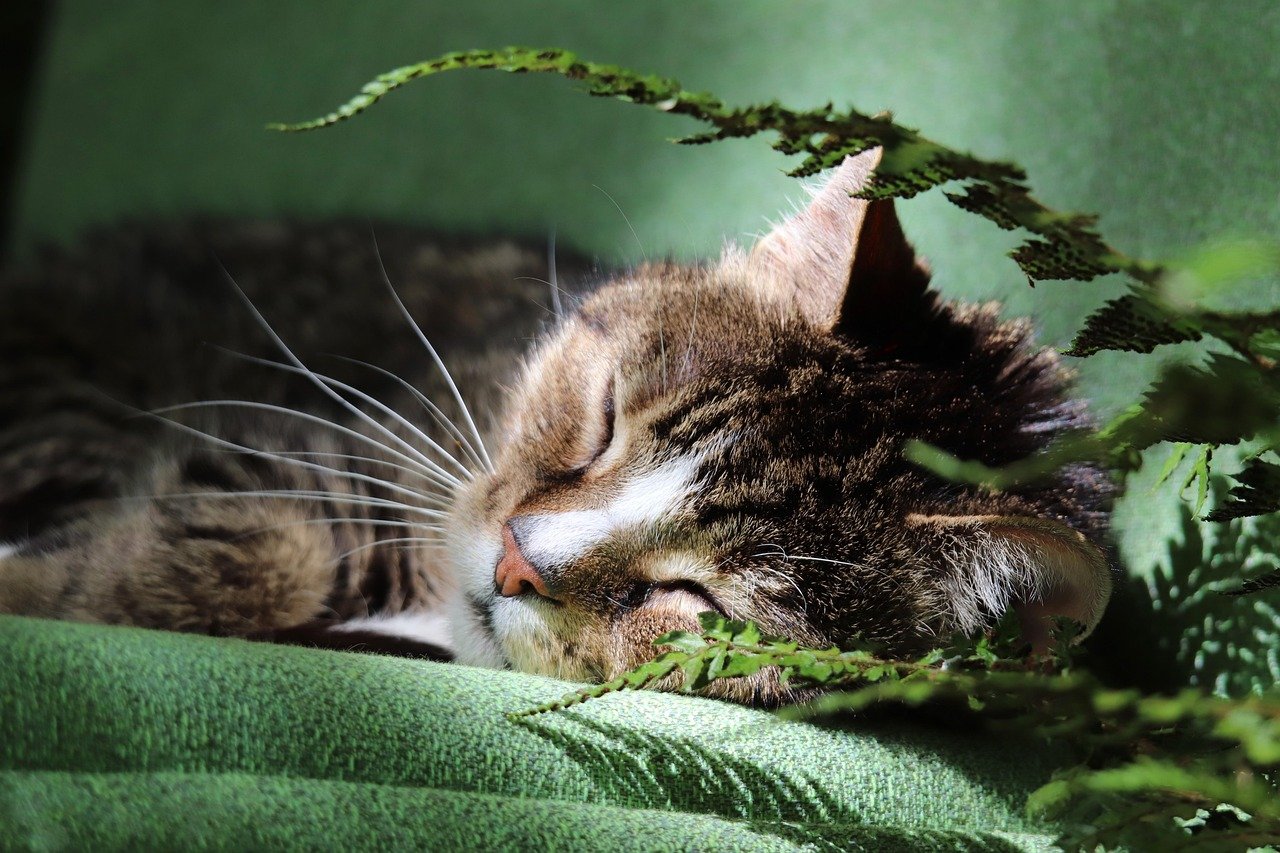
A cat who suddenly chooses odd places to sleep—like your clothes, shoes, or the laundry basket—could be seeking comfort or your scent. Cats often do this to feel closer to their humans, especially when lonely. If you notice your cat avoiding her usual cozy perch in favor of your personal belongings, she might be missing you more than you think. It’s her way of saying, “I need to feel close, even if you’re not here.”
Increased Interest in Human Belongings
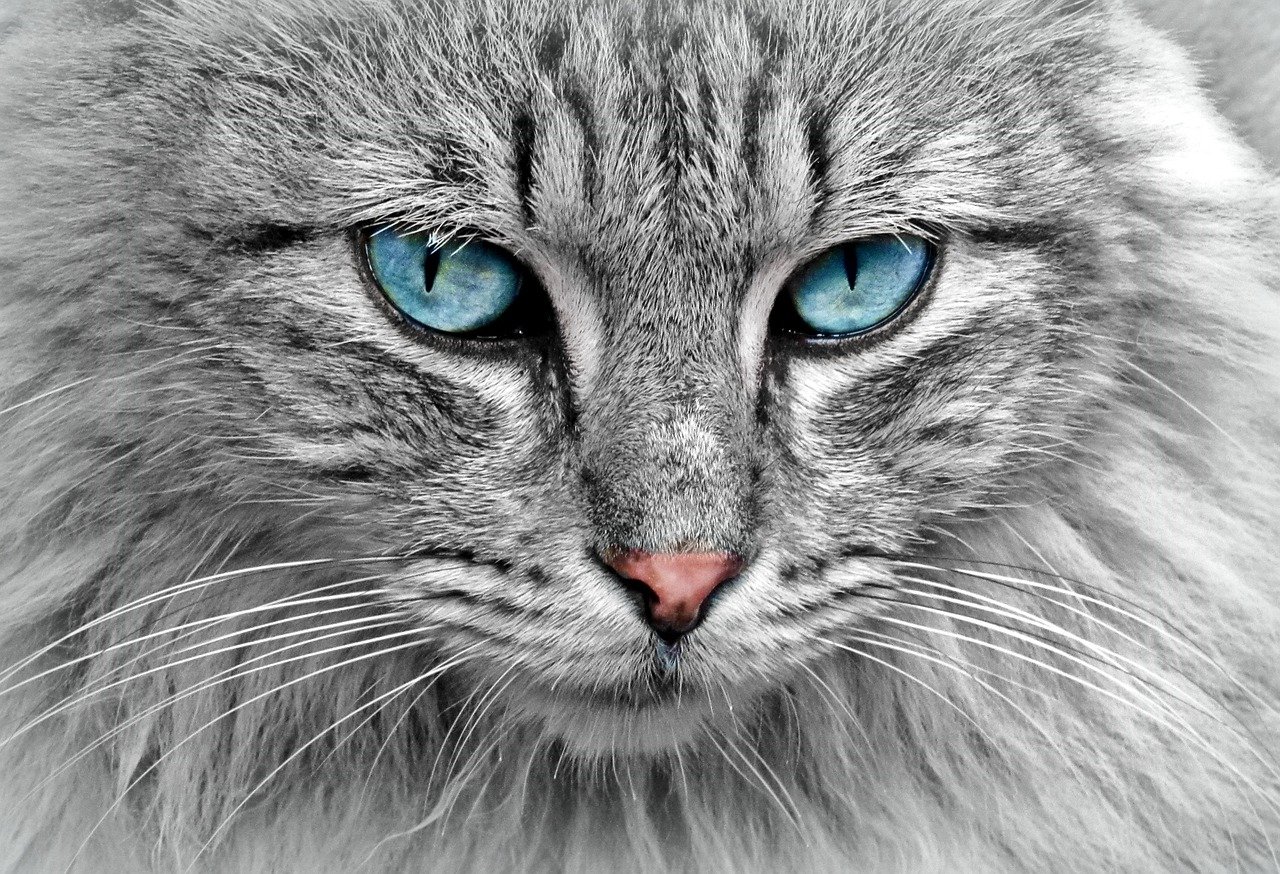
Does your cat suddenly show a fascination with your laptop, backpack, or jacket? Cats often gravitate toward their owner’s things when they’re feeling lonely. They’ll knead your sweater or curl up on your shoes, soaking in your scent as a source of comfort. It’s like how we might hug a loved one’s shirt when we miss them. This behavior is often cute—but it’s also a little cry for connection.
Changes in Body Language and Posture
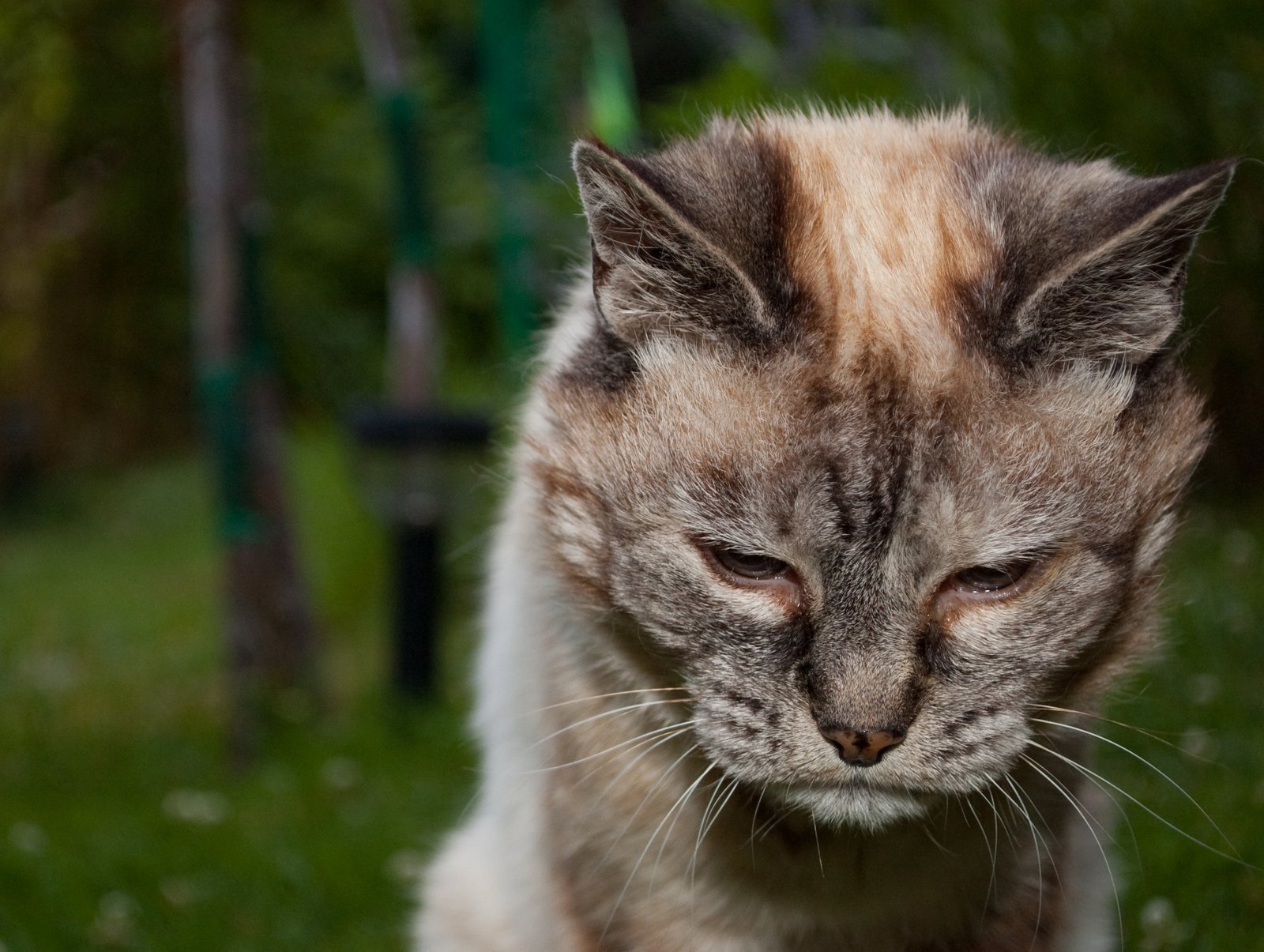
Lonely cats may exhibit subtle changes in body language. Ears held flat, a droopy tail, or a hunched posture can all indicate sadness or discomfort. You might notice your cat looking less confident or relaxed, with reduced stretching or playful gestures. These physical cues are easy to miss if you don’t know what to look for. Think of it as your cat’s silent way of saying, “I’m not okay.”
Seeking Out Unusual Hiding Spots
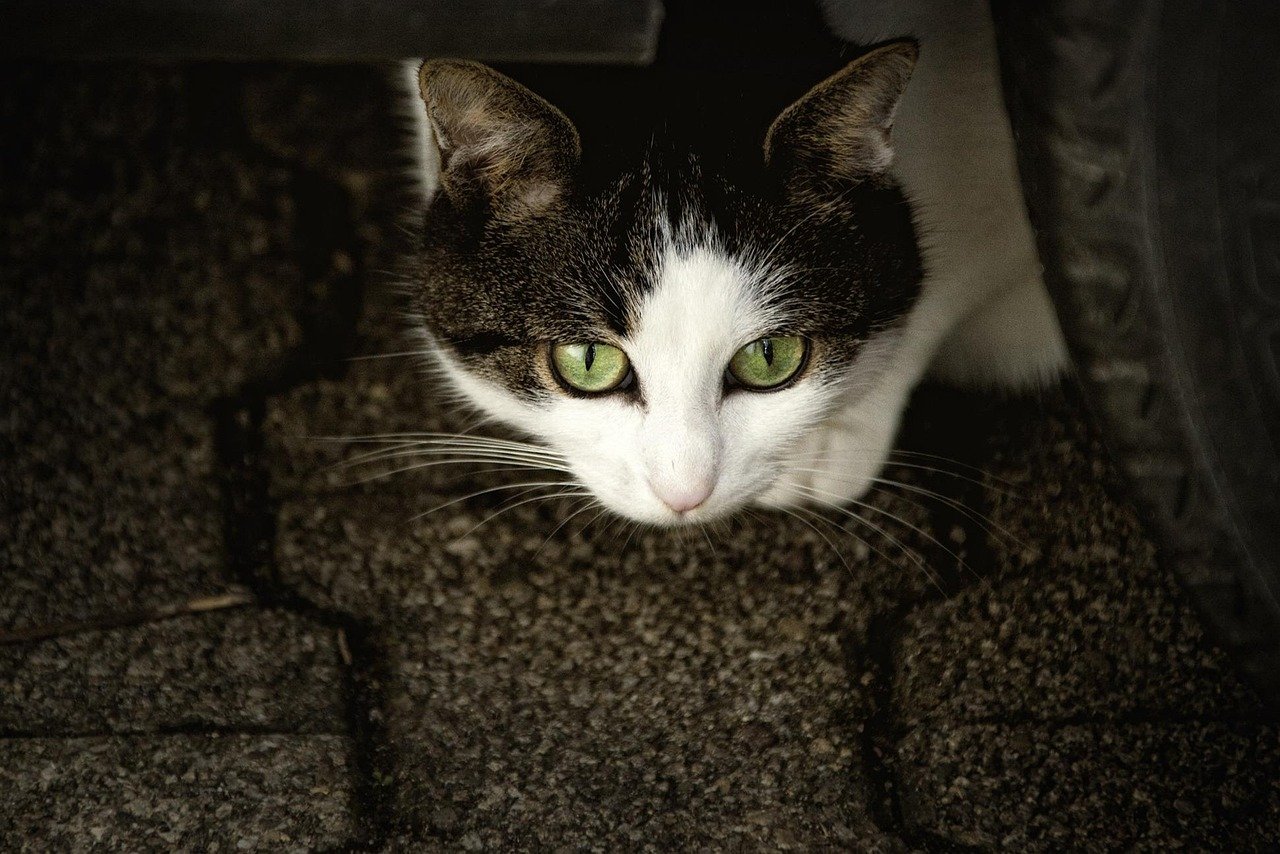
If your cat is suddenly harder to find, disappearing into closets, under beds, or behind furniture, she could be trying to escape feelings of loneliness. Hiding is a coping mechanism for many animals, especially when they feel vulnerable. If your cat is spending more time in secluded spots and less time in the open, she may be retreating from a world that feels empty or overwhelming.
Increased Sensitivity to Noise or Movement

Lonely cats often become jumpier or more easily startled. The sound of the doorbell, footsteps, or even a TV commercial might send them scurrying for cover. This heightened sensitivity can result from anxiety linked to loneliness. Like a person on edge, your cat may be less tolerant of changes in her environment. If you notice your cat startling more often, consider whether she’s feeling secure and supported at home.
Lack of Grooming of Favorite Areas
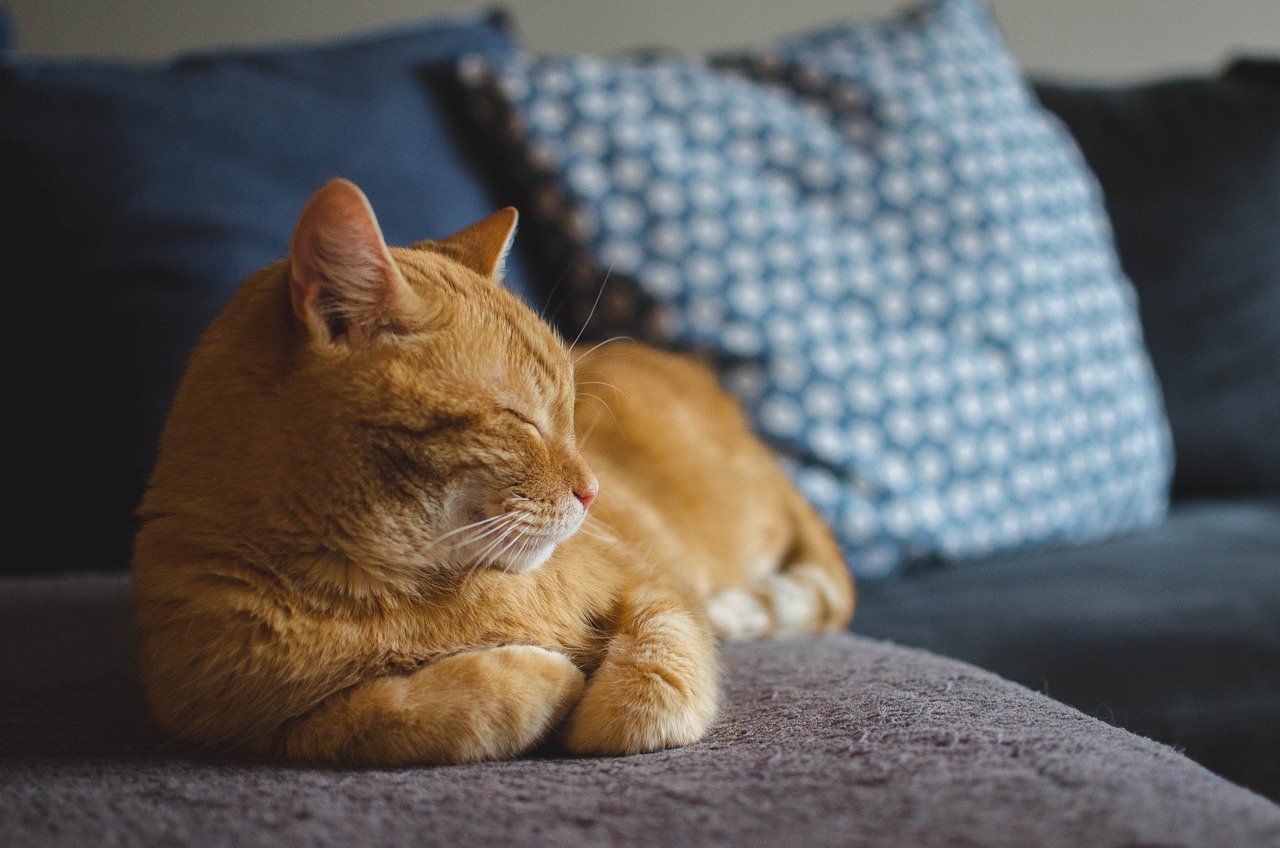
Cats usually have favorite spots for grooming—behind the ears, on the chest, or along the tail. If your cat is neglecting these areas, it could be a sign she’s not feeling her best emotionally. This behavior might be easy to overlook, but it’s significant. A well-groomed cat is usually a happy cat; neglect in these areas hints at emotional withdrawal and a lack of motivation brought on by loneliness.
Attention-Seeking at Unusual Times
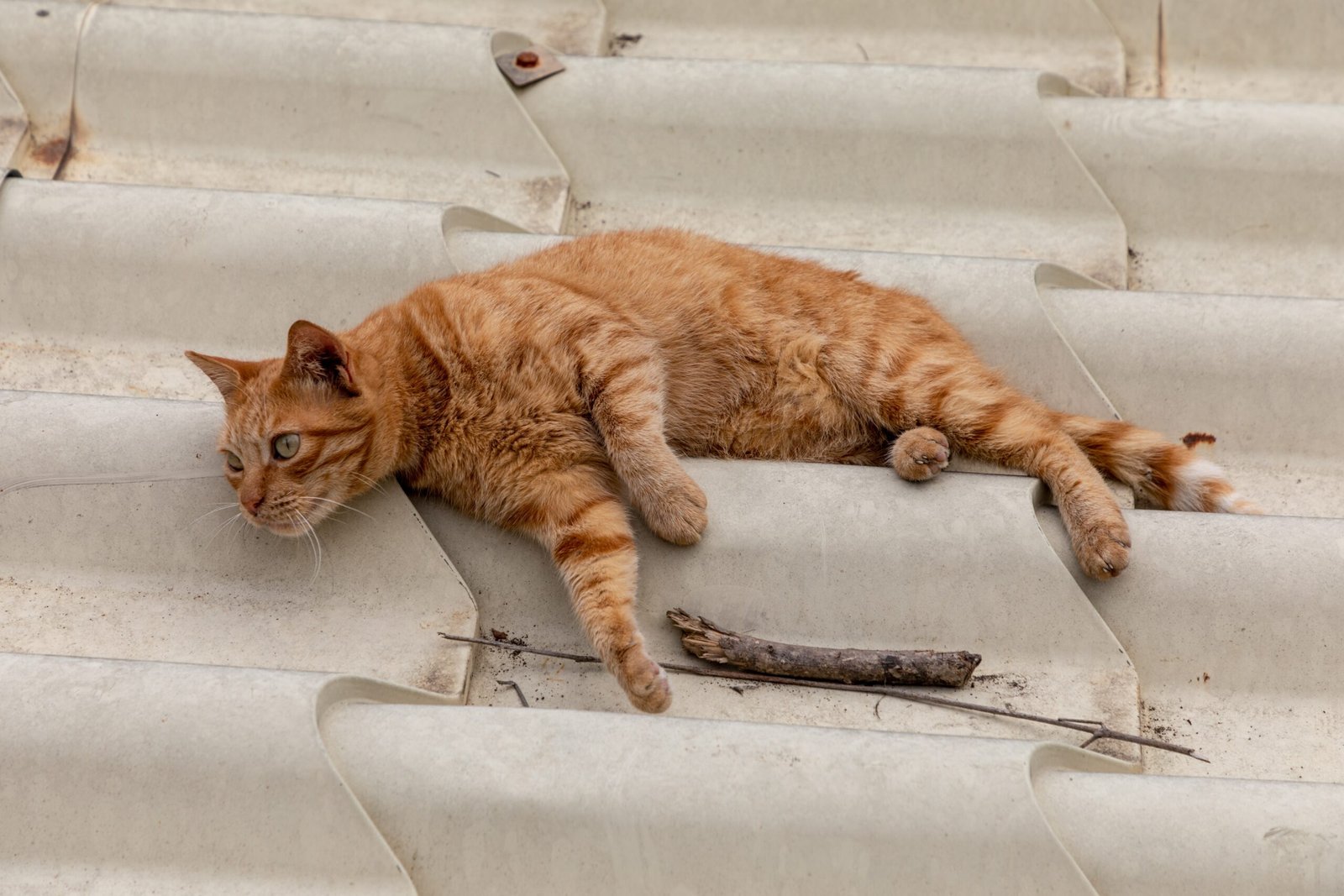
Is your cat waking you up at 3 a.m. for cuddles, or meowing at the bathroom door while you shower? Lonely cats often seek attention during odd hours, trying to fill the quiet with your presence. This can be both endearing and exhausting! It’s as if your cat’s internal clock is set to “Find My Human!” mode. If your cat needs extra affection at unusual times, she might be struggling with a lack of daytime companionship.
Overly Intense Reactions on Your Return
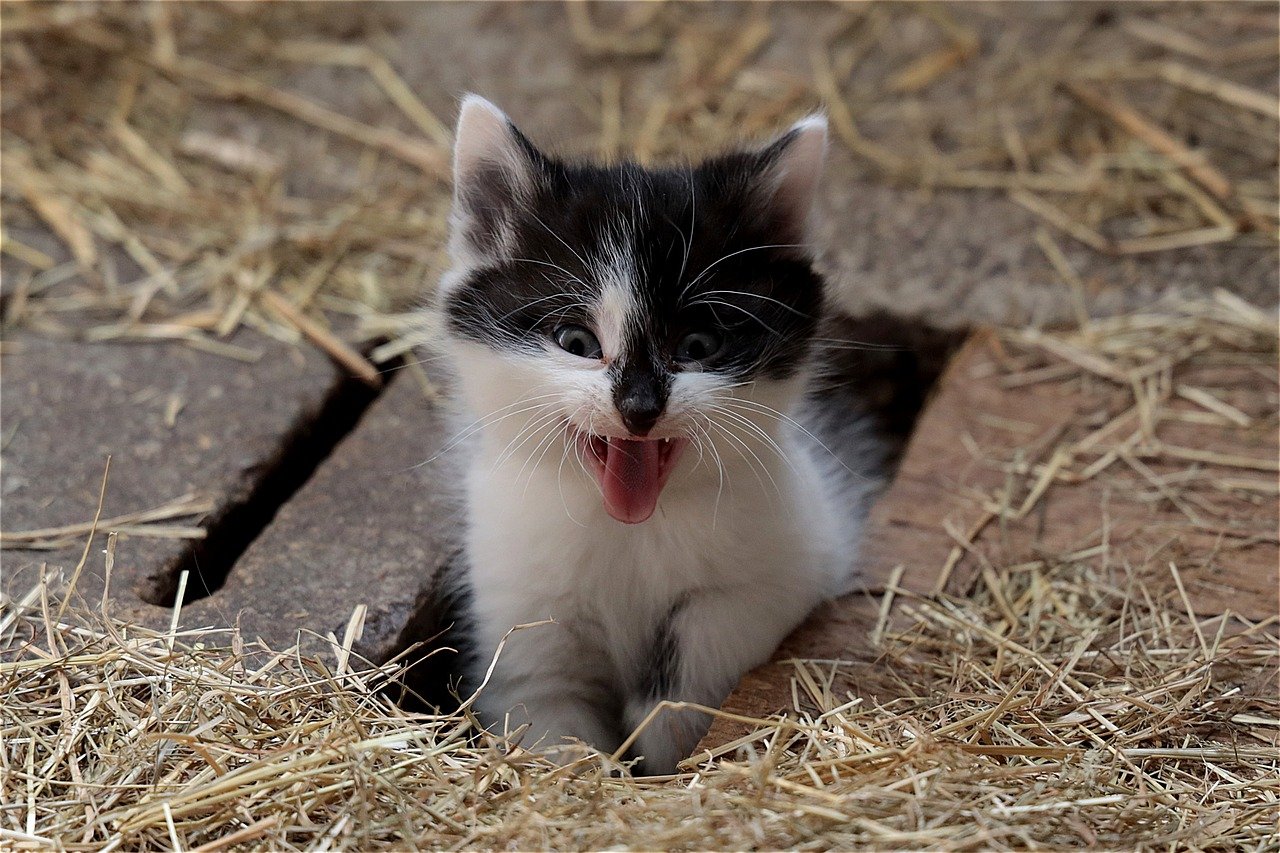
When you walk through the door, does your cat greet you with wild excitement—purring, rubbing, or even vocalizing incessantly? These over-the-top welcomes often come from cats who have been desperate for company. It’s a bittersweet display: joyful, but tinged with the ache of having been alone for too long. If your cat reacts to your return like you’re a long-lost friend, it’s a clear sign she’s been longing for you while you were gone.
If you’ve spotted several of these signs in your cat, it might be time to consider how you can add more connection and enrichment to her life. After all, our feline friends may be mysterious, but their hearts are anything but cold. Isn’t it amazing how our cats find subtle ways to tell us what they need?
Hi, I’m Bola, a passionate writer and creative strategist with a knack for crafting compelling content that educates, inspires, and connects. Over the years, I’ve honed my skills across various writing fields, including content creation, copywriting, online course development, and video scriptwriting.
When I’m not at my desk, you’ll find me exploring new ideas, reading books, or brainstorming creative ways to solve challenges. I believe that words have the power to transform, and I’m here to help you leverage that power for success.
Thanks for stopping by, Keep coming to this website to checkout new articles form me. You’d always love it!




